Tag: Samvidhan Hatya Divas
10 Results
-
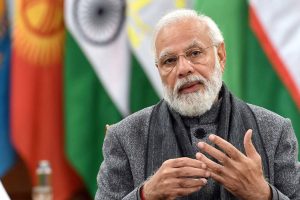
Emergency Was a ‘Murder of Constitution’: PM Modi Recalls Dark Chapter in ‘Mann Ki Baat’
“Indians refused to compromise on democracy,” Modi said, crediting the people's resolve for ultimately defeating the authoritarian regime and restoring democratic order.
June 29, 2025 -
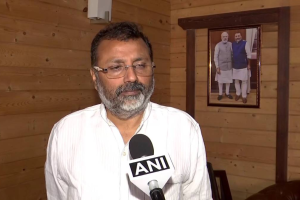
BJP MP Nishikant Dubey Accuses Indira Gandhi of “Murdering” Constitution with 42nd Amendment
Sharing an excerpt from the 1949 Constituent Assembly debates, Dubey claimed that Dr. Ambedkar had "strongly opposed" the inclusion of the terms socialist and secular in the Preamble.
June 28, 2025 -
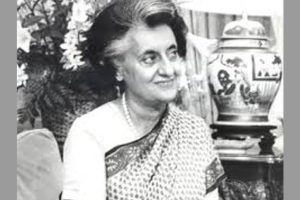
PM Modi Calls Emergency the “Darkest Chapter” in Indian Democracy; Congress Accuses BJP of Political Diversion
He paid tribute to those who fought against the Emergency, noting that their collective struggle forced Congress to restore democracy and call fresh elections, which the party ultimately lost.
June 26, 2025 -
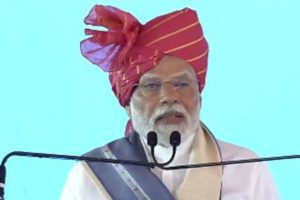
PM Modi Pays Tribute to Emergency Resisters, Slams Congress for “Democracy Under Arrest” in 1975
Modi noted that it was the collective resistance of these individuals that ultimately forced the then-Congress government to lift the Emergency and call for elections—elections in which it was “badly defeated.”
June 25, 2025 -
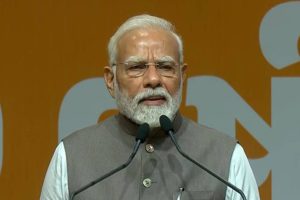
PM Modi Reflects on Anti-Emergency Struggle as New Book Chronicles His Role in Defending Democracy
He further urged those who lived through the Emergency or had family members impacted by it to share their stories on social media to raise awareness among the younger generation.
June 25, 2025 -
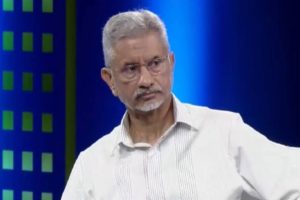
“A Painful Chapter, a Powerful Reminder”: Jaishankar Reflects on Emergency as BJP Observes ‘Samvidhan Hatya Divas’
Prime Minister Narendra Modi also reflected on the Emergency, calling it one of the “darkest chapters in India’s democratic history.”
June 25, 2025 -
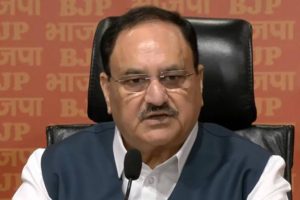
“Congress Still Clings to Emergency-Era Mindset”: JP Nadda Slams Party on ‘Samvidhan Hatya Divas’
“Even today, the Congress continues with the same mindset. Back then, Indira Gandhi murdered democracy; today, her party still works to subvert the Constitution,” Nadda charged.
June 25, 2025 -
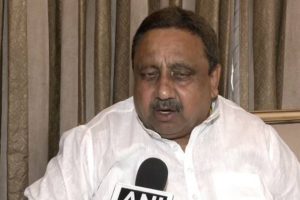
‘Samvidhan Hatya Divas’ a Political Waterloo for Congress, Says BJP MP Praveen Khandelwal on 50th Emergency Anniversary
The Emergency was imposed by then Prime Minister Indira Gandhi from June 25, 1975, to March 21, 1977, following political unrest and a court ruling questioning the validity of her 1971 election.
June 25, 2025 -
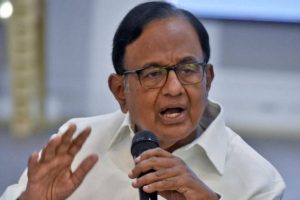
“Emergency was a mistake, it was accepted by Indira Gandhi”: P Chidambaram
He further asked what's the point of debating over the rights and wrongs of the emergency 50 years later, while stressing that 'lessons have been learned from the past'.
July 14, 2024 -
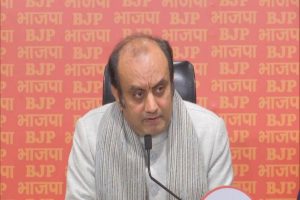
‘Was agitation under leadership of Jayprakash Narayan anarchy’? asks BJP’s Sudhanshu Trivedi
PM Modi referred to the 1975 Emergency as a "dark phase of Indian history" and announced that June 25 will be commemorated annually as Samvidhaan Hatya Diwas to honour those who suffered during that time.
July 13, 2024
Advertisement
